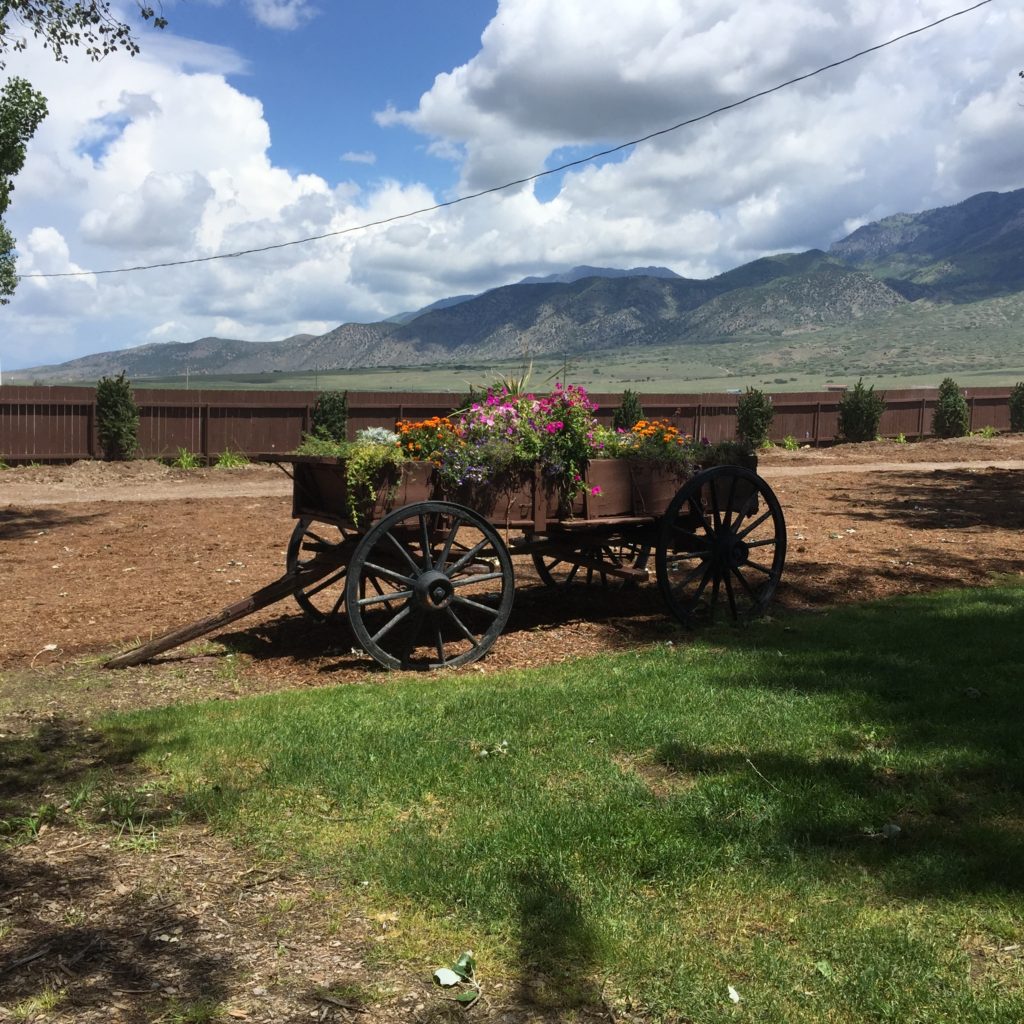
There are three main elements to a novel; character, setting, and plot. Character and plot, however, are nothing without a well-constructed setting that will catapult the story into powerful imagery. Any avid reader or writer knows that setting means everything. The setting of any story will shape the tone and mood; the overall feel of a story. It can add to something simple and make it grand, or if badly designed, thoroughly weaken what could have been a masterpiece. It is not just a place, but an emotion that the reader should experience in a vivid sensory overload of imagination; a memory that becomes their own to wrap up and carry with them.
I remember being in high school, exhausted by endless pages of a Dickens classic that we had been reading. However, as we progressed through the story I began to appreciate the intricate weaving of detail which added layer upon layer to the story, giving insight to the personalities of the characters. I could not help but see beyond the pauper in the street and actually feel the heaviness of his plight through every sight, smell and sound that was crafted as only Dickens could express it.
Settings are what draw the reader in and help them fall in love with the story. Who could not help but fall in love with the characters in Jane Austen’s novels? However, descriptions of homes and the outdoors became a backdrop to the more pronounced emphasis on the interactions between the characters themselves, vividly painting a picture of the social realities that were a part of the times she lived in. One could not turn the last page of any Austen novel without having experienced life through her eyes, closing the back cover with a sigh and longing to see and know more.
Settings are not something that I have had to struggle with in my writing. I have always been a descriptive writer; my shortcomings fall in the area of plot lines; something I have to work extra hard at. In my musings today concerning settings, I thought I would mention a few sites that I have found helpful in many areas.
This is one of my favorites: One Stop For Writers. It has many useful tools, templates, and guidelines for writers. https://onestopforwriters.com
This is a fun site for those struggling with word usage in Austen’s time period.http://www.writelikeausten.com
April Davila has some interesting insights and advice on writing that she has gleaned on her journey. There are some helpful bits and pieces worth looking at. https://aprildavila.com
This is also a good site: https://www.helpingwritersbecomeauthors.com
While I love Scrivener, One Note is one of the best programs I have found for organizing during my writing. https://www.onenote.com/download
Last but not least, the best teacher always lies in the written word; read, read, read! The best way to improve writing is to read the works of others. Write on!